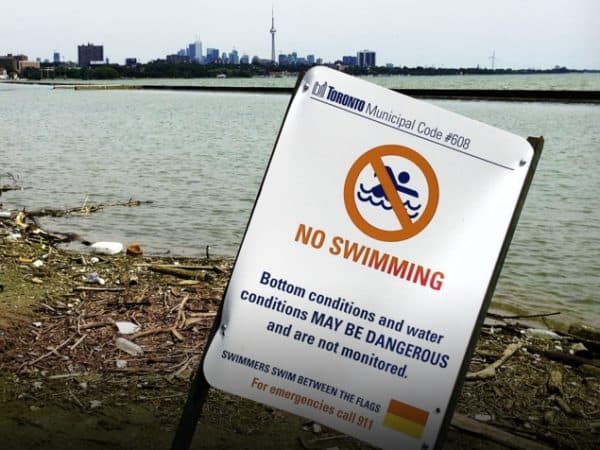Environmental Bill of Rights: Do Ontario residents have a right to a clean environment?

 Ontario’s government has embarked on a consultation process to revamp its Environmental Bill of Rights and is seeking public input on all aspects of the bill including whether or not the province should establish a right of all citizens to a healthy environment.
Ontario’s government has embarked on a consultation process to revamp its Environmental Bill of Rights and is seeking public input on all aspects of the bill including whether or not the province should establish a right of all citizens to a healthy environment.
“There is a movement in Canada to enshrine a right to a healthy environment in a legislative framework, principally in the Canadian Constitution,” reads the public notice. “The Ministry of the Environment and Climate Change (MOECC) is seeking the views of Ontarians to inform contribution to the national dialogue.”
The public consultation has been praised by environmental groups who see the process as overdue. “When it was enacted almost a quarter century ago, Ontario’s Environmental Bill of Rights was an important, groundbreaking statute promoting transparency and public engagement in environmental decision-making in the province,” says Pierre Sadik with the advocacy group Ecojustice. However, because the EBR has remained largely unchanged over its 23 year life, while pressure on Ontario’s environment continues to increase, it is now seriously outdated in a number of respects.”
Chief among the needed updates is a recognition of the right to a healthy environment, says Sadik, a formal position already adopted singly by a large number of municipalities in Ontario and across the country through the grassroots environmental movement known as Blue Dot.
Spearheaded by the David Suzuki Foundation and Ecojustice, Blue Dot encourages citizens and municipalities to adopt their own declarations in favour of a right to a healthy environment, with the ultimate goal to amend the Canadian Charter of Rights and Freedoms to include such a right.
To this point, most of Canada’s major municipalities have signed onto Blue Dot. The group calls for formal recognition in the Charter as “the final step in protecting every person in Canada’s right to clean air and water, safe food and a stable climate. This ensures that we all benefit from a healthy environment, world-class standards and a say in the decisions that affect our health and well-being.”
Manitoba and Nova Scotia have taken steps towards enshrining a right to a healthy environment, while in British Columbia, the Union of BC Municipalities last year passed a resolution calling on the province to create an environmental bill of rights, a move that was met with resistance by some delegates who worried that a bill of rights would bog down economic growth by creating more requirements for environmental assessment and approval.
“It’s just another curtailment of resource communities,” said Williams Lake Mayor Walter Cobb. “If you want to shut down the resource communities in B.C., then go for it. Because this will just be another nail in our coffin.”
The Ontario government has published a discussion guide to help orient citizens’ reflection and dialogue over changes to the Environment Bill of Rights.
Currently, the EBR requires that ministries prepare Statements of Environment Values before making environmentally significant decisions and it oversees a publicly initiated review process on provincial policies, acts and regulations concerned with environmental protection.

